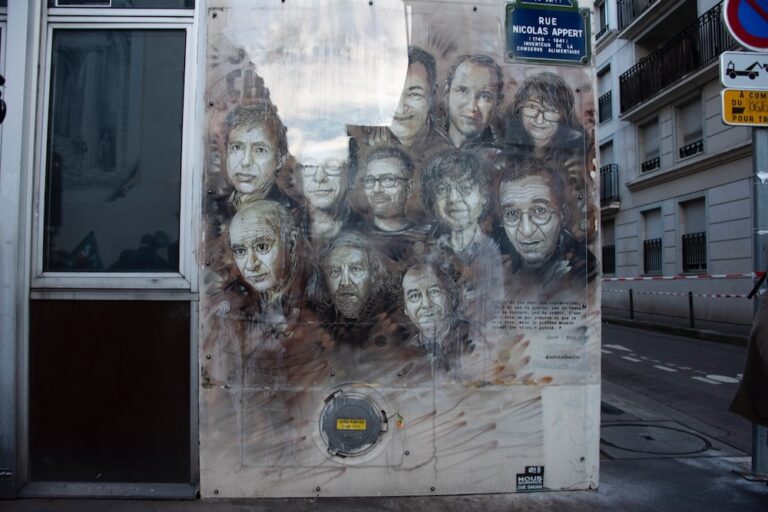(RSF/IFEX) – The call by the United Nations (UN) Committee on Non-Governmental Organisations for the suspension of RSF’s consultative status with the UN is yet another sign of the fading reputation of UN bodies, the press freedom organisation said on 27 May 2003. RSF asked how such a decision could be taken seriously when every […]
(RSF/IFEX) – The call by the United Nations (UN) Committee on Non-Governmental Organisations for the suspension of RSF’s consultative status with the UN is yet another sign of the fading reputation of UN bodies, the press freedom organisation said on 27 May 2003.
RSF asked how such a decision could be taken seriously when every one of the countries that voted for the suspension – China, Côte d’Ivoire, Cuba, Iran, Pakistan, Russia, Sudan, Turkey and Zimbabwe – all abuse the most basic human rights. Cuba, which proposed the suspension, is on the UN Human Rights Commission, but has not ratified the principal international human rights agreements.
All this would be laughable, RSF said, if it did not illustrate the decay of the UN system, which has some of the world’s worst human rights violators giving lessons to those who denounce their actions and defend their victims.
On 20 May, the NGO Committee recommended that RSF be suspended for one year. To take effect, the move must be endorsed by the UN General Assembly’s Economic and Social Council, which will consider the proposal in July.
The vote took place after Cuba complained that RSF had physically disrupted the opening of the 59th session of the Human Rights Commission in Geneva on 17 March, behaved in an insulting manner towards a member state and acted in a way deemed “incompatible with the principles and aims of the UN Charter.”
Nine of the Committee’s 19 member-states voted for suspension, while six (Germany, Chile, the United States, France, Peru and Romania) voted against and four abstained (Cameroon, Colombia, India and Senegal).
France had proposed taking no action to avoid any “hasty” move and said it was essential, in the name of basic rights, principles and procedures, for the Committee to hear from RSF before suspending it. Since being established in 1966, the Committee has never suspended any member or observer without hearing its representatives. Several member-countries called the decision an ominous precedent.
On 17 March, six RSF activists threw leaflets into the meeting room in Geneva when the Commission’s new Libyan president, Najat Al-Hajjaji, made her inaugural speech. “At last the UN has appointed someone who knows what she’s talking about!” the leaflet said sarcastically. The press freedom organisation aimed to denounce the mockery of a country such as Libya being in the chair and to ask what credibility the Commission could have when led by a country that commits the worst human rights abuses on a daily basis (see IFEX alert of 17 March 2003).


